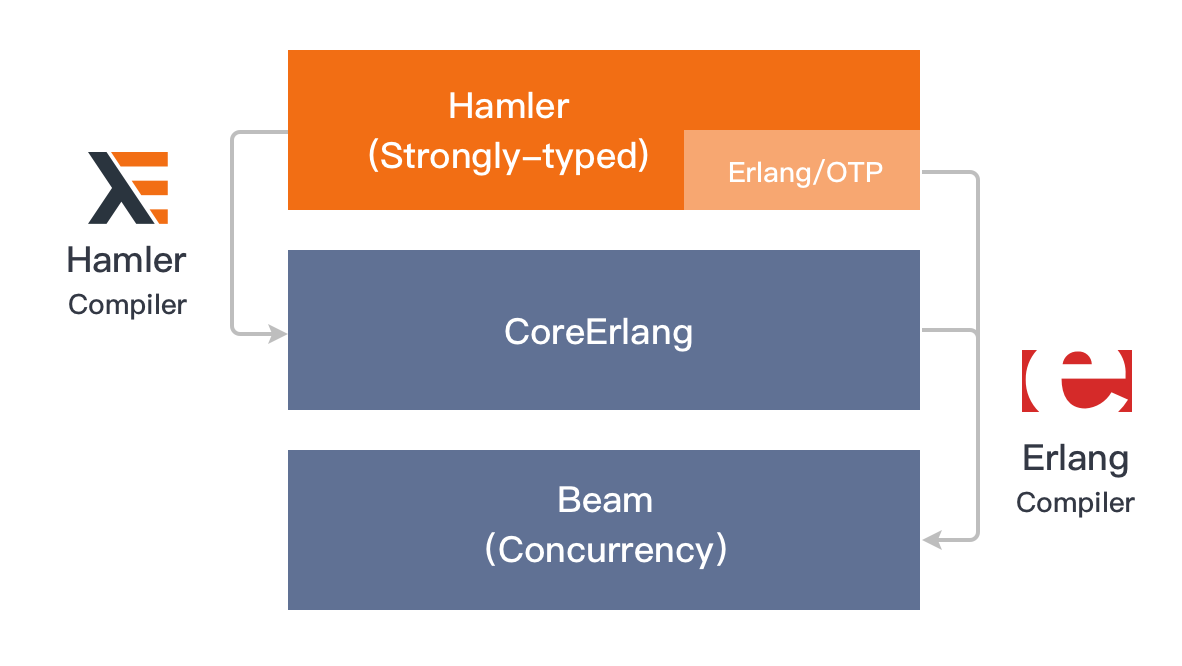

Types without losing the expressiveness of functional programming. Providing a foundation for capturing state, protocols, and other facets of program behavior in Third, Habit has experimental support for a novel form of substructural typing, Type-level programming, providing more flexible, expressive forms of type-directed generic Second, Habit includes powerful new mechanisms for Specification of value and memory layouts. Manipulation of low-level data by extending notions of algebraic datatypes to bit-level Its distinctive character arises from three particular focuses. Habit's syntax and type system are inspired by Haskell, while its semantics are inspired by ML. That are typically required in systems programming when we are using higher level languages Verification? And can we still obtain the levels of raw performance and predictability Programming language where such guarantees are obtained automatically as a result,įor example, of type checking? How much impact might this have on the overall cost of Might it be possible instead to write software like this in a higher level Security vulnerabilities in C programs such as buffer overflows and null pointerĭereferences. Proof effort was needed to ensure that the implementation avoids common sources of bugs and Because the seL4 kernel is written in C, some portion of this Specification and implementation of the kernel, and construction of the proof required anĮstimated 20 person years.

For example, the functionalĬorrectness proofs for the seL4 kernel are an order of magnitude longer than the combined Techniques inaccessible for the majority of software projects. Landmark achievements for formal verification, but the effort required makes such We believe that the potential for such languages can be seen in recent verified softwareĭevelopment projects, such as the construction of the seL4 microkernel. Problems and high-level programming paradigms. Habit is a pure functional language that explores the intersection of low-level programming Habit: a new functional programming language Habit: a new functional programming language


 0 kommentar(er)
0 kommentar(er)
